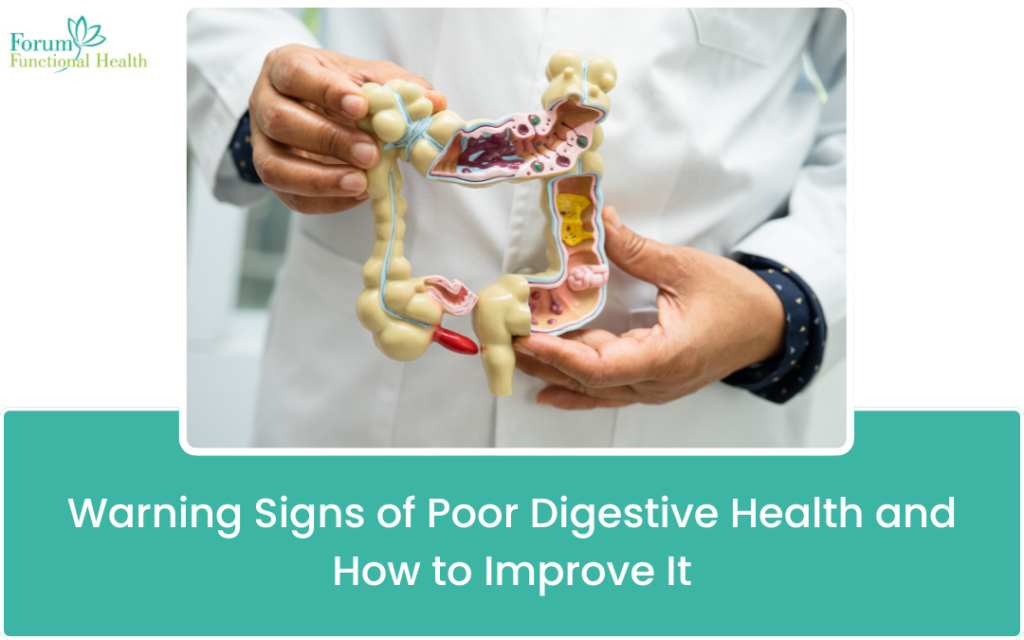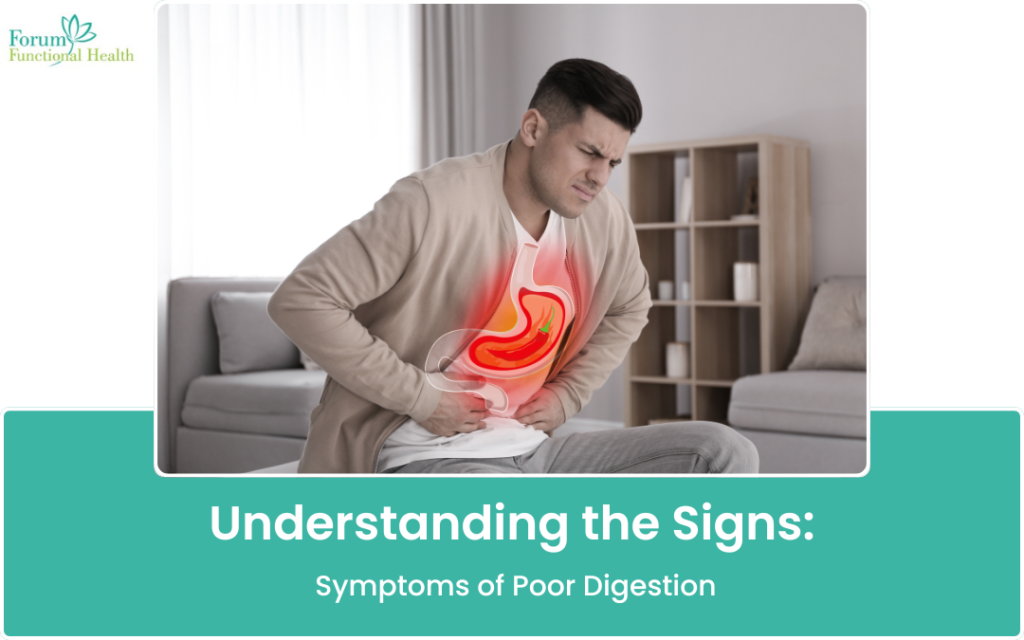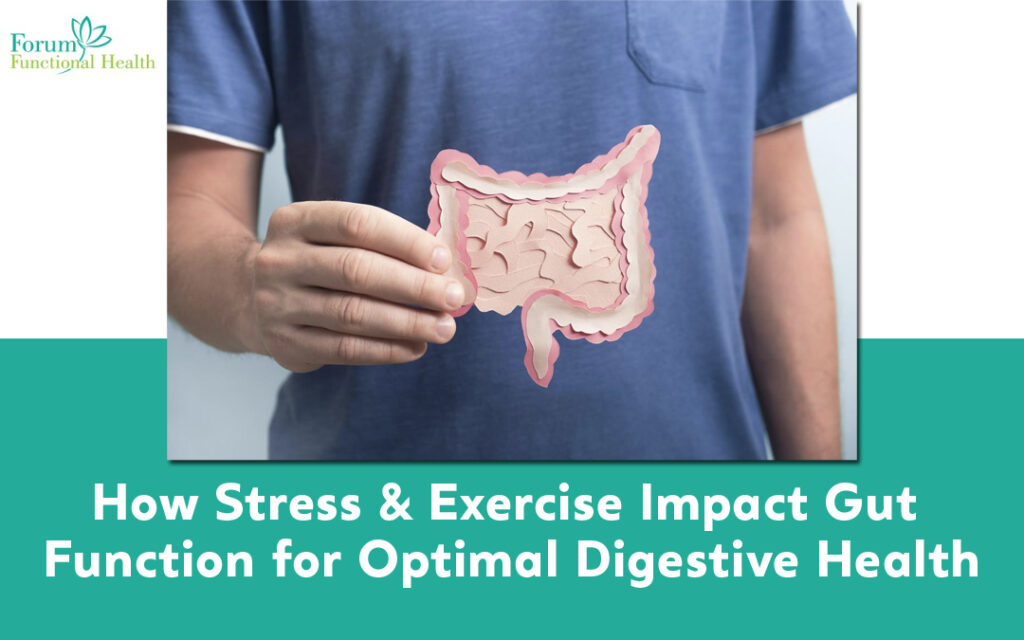Digestive Diseases: Causes, Symptoms, and Treatments

What Are Digestive Diseases? Digestive diseases encompass a wide range of disorders affecting the gastrointestinal (GI) tract. These conditions can be caused by infections, autoimmune disorders, genetic factors, and lifestyle habits. Understanding their impact can help with early detection and management. Common Digestive System Diseases 1. Celiac Disease: An Autoimmune Disorder Celiac disease is a […]
How to Choose the Best Digestive Health Center in Texas: Your Ultimate Guide

Digestive health is crucial for overall well-being, and finding the right center for your needs can be daunting. Whether you’re dealing with chronic issues or seeking preventive care, selecting the best digestive health center in Texas is essential. In this ultimate guide, we’ll explore the key factors to consider, ensuring you make an informed decision […]
Warning Signs of Poor Digestive Health and How to Improve It

Maintaining good digestive health is crucial for overall well-being. However, many people overlook the early warning signs of poor digestive health, leading to more serious health issues. In this blog post, we will explore the common symptoms indicating poor digestive health and provide tips on how to improve it. If you’re experiencing any of these […]
Understanding the Signs: Symptoms of Poor Digestion

Good digestion is essential for overall health and well-being. When our digestive system isn’t functioning properly, it can lead to a variety of uncomfortable symptoms that affect our daily lives. In this article, we’ll delve into the signs and symptoms of poor digestion and explore how seeking digestive health services, such as those offered at […]
How Exercise Can Benefit Your Digestive System

In today’s fast-paced world, maintaining good digestive health is essential for overall well-being. From improved nutrient absorption to better gut motility, exercise plays a crucial role in enhancing the function of your digestive system. In this comprehensive guide, we’ll explore the myriad ways in which exercise can benefit your digestive health. Your digestive system is […]
How to Restore Gut Health Naturally: Strategies for Managing Common Digestive Issues

In today’s fast-paced world, digestive problems have become increasingly prevalent, affecting millions of people worldwide. From occasional discomfort to chronic conditions, such as irritable bowel syndrome (IBS) and inflammatory bowel disease (IBD), digestive issues can significantly impact one’s quality of life. Fortunately, many effective strategies can help restore gut health naturally, providing relief from common […]
The Importance of Maintaining the Gut Health

The gut has an important but frequently overlooked function in the larger context of our general health. Our health is largely dependent on this complex system, which breaks down the food we eat every day. Let’s take a look at some easy ways to take care of your gut health and discuss how important it […]
How Stress & Exercise Impact Gut Function for Optimal Digestive Health

Maintaining optimal digestive health is a cornerstone of overall well-being, as the gut plays a pivotal role in nutrient absorption and immune function. Recent research has unraveled the intricate relationship between stress, exercise, and gut function, shedding light on how these factors influence digestion. In this comprehensive guide, we explore the impact of stress and […]
